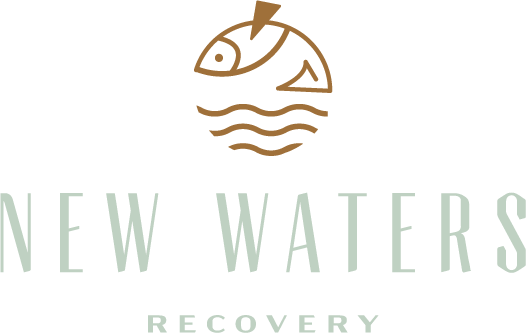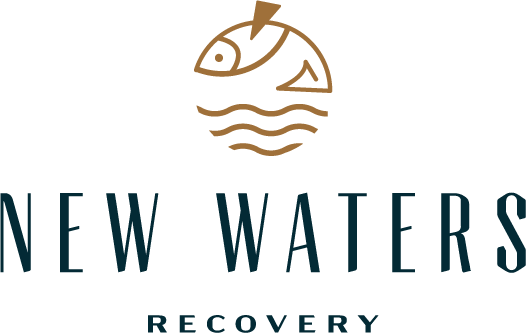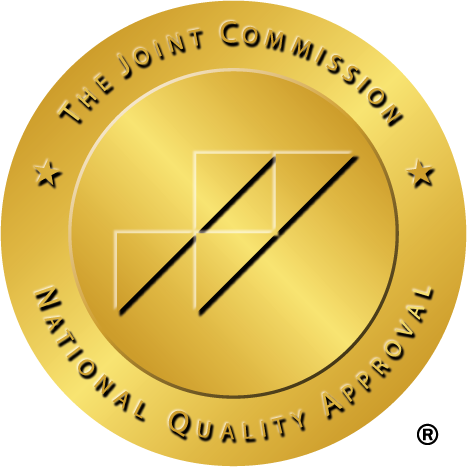Table of Contents
Key Points
- Ativan (lorazepam) has a half-life of about 12 hours, but it can last up to 20 hours in some people.
- Taking Ativan at high doses, more frequent doses, or for long periods can affect how long it stays in the body.
- Ativan has some potentially dangerous drug interactions, so it’s important to know how long it lasts in the body to avoid adverse reactions.
Ativan is the brand name for lorazepam, a benzodiazepine drug that’s prescribed to treat anxiety, sleep problems, and seizures. It may be used as an anesthetic or as a treatment for withdrawal from alcohol or other benzodiazepines.
Like other benzodiazepines, Ativan is a central nervous system (CNS) depressant. Mixing Ativan with other CNS depressants like alcohol or opioids can have dangerous effects, so it’s important to know how long this drug lasts in your system.
What Is Ativan?
Ativan is the brand name for lorazepam, a benzodiazepine medication that’s prescribed for sleep problems, anxiety disorders, and seizure disorders. It can be used for sedative-anxiolytic properties or as a muscle relaxant. Like other benzos, Ativan works by influencing gamma-aminobutyric acid (GABA), an inhibitory neurotransmitter that slows the activity in the brain to promote calmness and relaxation.
Ativan and other benzodiazepines replaced barbiturates as a safer alternative to treat anxiety or seizure disorders. While they’re less addictive and have fewer risks than barbiturates, benzos can still have side effects and may cause dependence and addiction. Ativan and other benzos are classified as Schedule IV controlled substances.
Ativan Dosage
Ativan is given at different dosages, but the usual adult dose for anxiety is 2 to 3 mg orally per day, given 2 or 3 times per day.[1] The maintenance dose is 1 to 2 mg orally 2 or 3 times a day for management of anxiety disorders or short-term relief of anxiety symptoms.
For insomnia, Ativan is given at 2 to 4 mg orally once a day at bedtime.[2] The dosage may need to be increased gradually as needed to avoid adverse effects.
In elderly people, Ativan may be given at an initial dose of 1 or 2 mg orally per day, given in divided doses for the management of anxiety.[3] In children 12 years or older for anxiety, Ativan may be given at an initial dose of 2 or 3 mg orally per day, given 2 or 3 times per day, and a maintenance dose of 1 to 2 mg orally 2 to 3 times a day.[4]
Because of the risks of dependence, Ativan is given at the lowest effective dose for the shortest period of time possible.
Effects of Ativan
Taken orally, Ativan has a slow absorption time and effects that begin 15 and 30 minutes.[5] The peak effects begin about two hours after ingestion. In the liquid concentration form, Ativan takes about two hours for the effects to be felt. In injection form, Ativan can show effects within 15 minutes and may last for six to eight hours.[6]
Ativan can have dangerous interactions with other drugs, especially other CNS depressants like opioids or alcohol. Make sure you discuss any drugs you’re taking with your doctor and find out when it’s safe to drink alcohol or take other medications after you take Ativan.
Ativan Half-Life and Elimination

Lorazepam is metabolized in the liver and eliminated through the kidneys. The concentration of Ativan is eliminated within 5 days of taking it, but metabolites (byproducts) of the drug can stay in the body for a week or longer.
Several factors affect how long Ativan stays in the body, including:
- Kidney and liver function: Because Ativan is metabolized and eliminated by the liver and kidneys, existing liver or kidney problems can cause the drug to be eliminated slowly.
- Weight: Heavier people may eliminate Ativan faster than thinner people.
- Age: Older people have slower metabolisms and eliminate drugs more slowly.
- Substance use: Taking Ativan with other drugs can affect how long it lasts in the body.
- Dosage and frequency: Taking Ativan at high doses or more frequent doses can cause it to be eliminated slowly.
Ativan Withdrawal
Ativan can be safe for short-term use as prescribed. Typically, Ativan is prescribed for two- to four-week periods to treat symptoms without building tolerance and dependence. If you take high doses of Ativan or take it longer than a few weeks, you may develop dependence.
You should never stop taking Ativan suddenly without talking to your doctor. Once you become dependent on the drug, your body needs it to function. If you stop suddenly, you may experience withdrawal symptoms like unusual muscle movements, talkativeness, severe mood and behavioral changes, confusion, hallucinations, suicidal thoughts or actions, and seizures.[8] Some withdrawal symptoms may last up to 12 months or longer. You could also experience rebound symptoms from the condition you took Ativan to treat, such as worsening insomnia or anxiety.
If you want to stop taking Ativan, talk to your doctor about how to do so safely. They’ll likely put you on a taper schedule, which gradually reduces your dosage to prevent severe withdrawal symptoms.
Treating Ativan Addiction
Ativan is a Schedule IV drug that has a lower potential for misuse or dependence than other common drugs of abuse, like opioids, but it’s still an addictive drug. The risk is significantly increased if you take Ativan for long periods of time.
If you have misused Ativan by taking it at higher doses than prescribed, more frequent doses than prescribed, or to get effects other than the way the drug is intended, talk to your doctor. Depending on the severity of your Ativan abuse, you may need addiction treatment to stop taking the drug safely and learn healthier habits.
With benzo addiction, medical detox may be necessary to manage the symptoms of withdrawal under medical supervision. This not only prevents complications but keeps you as comfortable as possible while the drug clears your system.
Once detox is complete, you may need comprehensive addiction treatment in an inpatient or outpatient facility to address the emotional, social, and psychological factors that contribute to addiction. This may include individual and group therapy, holistic therapy, peer support groups, and behavioral therapies.
Be Safe with Ativan Use
Ativan can be a safe drug for short-term treatment of anxiety or insomnia, but there are risks. Ativan can be dangerous if it’s misused or combined with other CNS depressants, so it’s important to be careful about drug interactions.
Frequently Asked Questions
Below are some of the most frequently asked questions regarding Ativan's half-life
Sources
[1,2,3,4] Ativan: Uses, dosage, side effects & warnings. Drugs.com. (n.d.-a). Retrieved from https://www.drugs.com/ativan.html#dosage on 2024, December 21.
[5] Ativan: Uses, dosage, side effects & warnings. Drugs.com. (n.d.). Retrieved from https://www.drugs.com/ativan.html on 2024, December 21.
[6] Ativan (Lorazepam) injection – accessdata.fda.gov. (n.d.-a). Retrieved from https://www.accessdata.fda.gov/drugsatfda_docs/label/2006/018140s028lbl.pdf on 2024, December 21.
[7] Description – accessdata.fda.gov. (n.d.-b). Retrieved from https://www.accessdata.fda.gov/drugsatfda_docs/label/2021/017794s048lbl.pdf on 2024, December 21.
New Waters Recovery Editorial GUIDELINES
At New Waters Recovery, we take your health and wellness seriously. We have a thorough process in place to ensure the integrity of information that is displayed on our website. All content published to our site undergoes a rigorous medical review by a doctorate level clinician to ensure medical accuracy. Read More About Our Process





